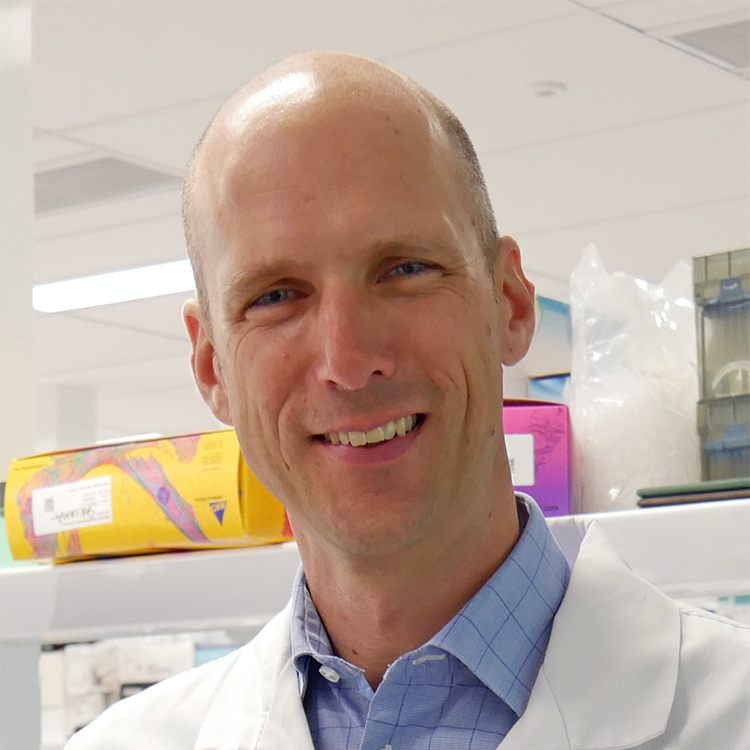Search
Research
Improving compliance with swallowing exercise to decrease radiotherapy-related dysphagia in patients with head and neck cancerDysphagia, one of the most common complications in head and neck cancer (HNC) treated with radiotherapy, can severely affect patients’ quality of life. Currently, because no “gold standard” treatment exists, swallowing exercise remains the main rehabilitation strategy for dysphagia. However, patients’ compliance with long-term swallowing exercise is only 40%, thus, greatly compromising outcomes. This article aims to analyze thefactors influencing swallowing exercise compliance in patients with HNC and explains strategies developed to date for improved rehabilitation outcomes.
Research
Celebrating 100 years of Immunology & Cell Biology – a special focus on the field of tumor immunology in AustraliaIn this Commentary article, as part of the 100-year celebrations of the journal, we reflect on the contribution of articles published in ICB in the field of tumor immunology. A highlight is a series of interviews conducted with three Australian-based ICB authors who have contributed key papers over the years: Rajiv Khanna, Delia Nelson and Ian Frazer.
Research
Retinoic Acid Induces an IFN-Driven Inflammatory Tumour Microenvironment, Sensitizing to Immune Checkpoint TherapyWith immune checkpoint therapy (ICT) having reshaped the treatment of many cancers, the next frontier is to identify and develop novel combination therapies to improve efficacy. Previously, we and others identified beneficial immunological effects of the vitamin A derivative tretinoin on anti-tumour immunity.
Research
Abacavir inhibits but does not cause self-reactivity to HLA-B*57:01-restricted EBV specific T cell receptorsPre-existing pathogen-specific memory T cell responses can contribute to multiple adverse outcomes including autoimmunity and drug hypersensitivity. How the specificity of the T cell receptor (TCR) is subverted or seconded in many of these diseases remains unclear. Here, we apply abacavir hypersensitivity (AHS) as a model to address this question because the disease is linked to memory T cell responses and the HLA risk allele, HLA-B*57:01, and the initiating insult, abacavir, are known.
Research
Transcriptional rewiring in CD8+ T cells: implications for CAR-T cell therapy against solid tumoursT cells engineered to express chimeric-antigen receptors (CAR-T cells) can effectively control relapsed and refractory haematological malignancies in the clinic. However, the successes of CAR-T cell therapy have not been recapitulated in solid tumours due to a range of barriers such as immunosuppression, poor infiltration, and tumour heterogeneity.
Research
Immune checkpoint therapy responders display early clonal expansion of tumor infiltrating lymphocytesImmune checkpoint therapy (ICT) causes durable tumour responses in a subgroup of patients, but it is not well known how T cell receptor beta (TCRβ) repertoire dynamics contribute to the therapeutic response.

People
Professor W. Joost LesterhuisProgram Head, Cancer; Chronic and Severe Diseases RFA Deputy Head
Research
Supportive care needs and associated factors among caregivers of patients with colorectal cancer: a cross-sectional studyTo assess the level of supportive care needs of caregivers of colorectal cancer patients and explore the related key influencing factors. Totaling 283 caregivers of patients with colorectal cancer were investigated in this study.
Research
Caregiver burden, mutuality, and family resilience in colorectal cancer caring: A mediating model analysisThis study investigates the interaction between caregiver burden, mutuality, and family resilience in colorectal cancer management, and determines whether mutuality affects the effect of caregiver burden on family resilience.
Research
Potassium Ion Channels in Malignant Central Nervous System CancersMalignant central nervous system (CNS) cancers are among the most difficult to treat, with low rates of survival and a high likelihood of recurrence. This is primarily due to their location within the CNS, hindering adequate drug delivery and tumour access via surgery. Furthermore, CNS cancer cells are highly plastic, an adaptive property that enables them to bypass targeted treatment strategies and develop drug resistance.
